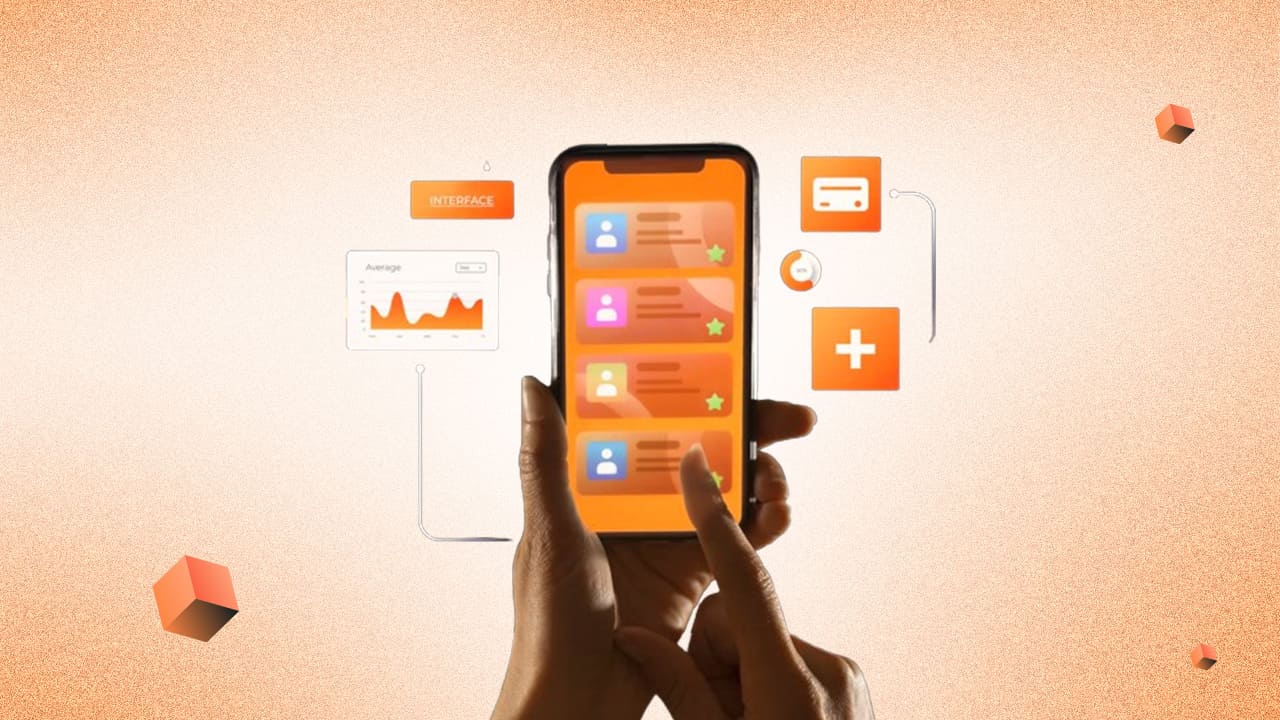Optimizing iOS App Testing Across Devices and Screen Sizes

Apple offers a range of devices, including iPhones, iPads, and TVs. Each device has different screen sizes and capabilities, and multiple versions of its operating system are used. Your app must render correctly on all devices so all your users can use it. However, there are many challenges to optimizing your app testing for all devices.
Let’s look at these challenges, techniques, and best practices for iOS app testing on multiple devices and how test automation helps to do this.
Challenges in iOS Mobile App Testing Across Devices
| Challenge | Description | Impact |
|---|---|---|
| Variability in Screen Sizes | Devices have different screen sizes and resolutions. | UI elements of your app may not render properly on all devices, leading to inconsistent user experience. |
| Different iOS Versions | Multiple iOS versions are in use, requiring apps to be compatible with both the latest and older versions. | Features may behave differently, or APIs may be deprecated or updated, causing app crashes or bugs. |
| Device-Specific Performance | Each device has different hardware specifications, such as CPU, memory, etc. | This may lead to performance issues like lag, crashes, etc., on some devices. |
| Gestures and UI Interactions | iOS devices support various gestures, such as swiping and tapping, which may vary between devices. | Gestures may not be properly supported on all devices, affecting user interactions and usability. |
| Network Variability | Testing in different network conditions and locations. | Apps may fail or behave unpredictably under different network conditions, impacting performance and user experience. |
| Different Screen Orientations | iOS devices support both portrait and landscape modes, which can alter the app’s layout. | Apps may fail or behave unpredictably under different network conditions, impacting performance and user experience. |
| Device-Specific Features | Some devices have unique features such as Face ID, 3D Touch, etc. | Apps that rely on device-specific features may experience functionality gaps. |
| App Store Requirements | Each app update or release must comply with Apple’s stringent guidelines and testing processes. | App submissions may be delayed or rejected if device compatibility and performance issues aren’t addressed. |
iOS Automation Testing: Why It Matters
Here’s why iOS test automation is important:
1. Automates Testing
iOS test automation can help you easily run tests on numerous devices and scenarios without having to manually repeat them for each one. This saves a significant amount of time and effort over manual testing.
2. Accelerates Regression Testing
Automated test scripts speed up regression testing. Every time the app or iOS is updated, the current functionality is retained across all devices.
3. Drives Efficiency
Automation decreases the manual effort required for testing, lowering the resources and costs required to execute testing. It also lowers human errors, boosting test reliability and consistency.
Strategies for Multiple Devices iOS Automation Testing
1. Run Tests on Various iOS Versions
Run automated tests on different iOS versions. This will help your testing team detect compatibility issues between older versions and current iOS releases and ensure that your app functions properly.
2. Leverage Cloud-Based Device Farms
By using cloud-based device farms, you can run tests across multiple devices without having to manage them physically. These systems will help you scale your testing process.
3. Use Both Real Devices and Emulators
Emulators are important for preliminary testing and debugging. Testing on real devices confirms that your app runs as expected in real-world environments with various device limitations.
Best Practices for Effective iOS Test Automation
1. Maintain Device-Specific Test Cases
Develop and maintain test cases for specific device setups. For example, particular motions, hardware-specific features, or layout concerns may necessitate device-specific testing logic to provide complete coverage.
2. Deploy Continuous Testing
Use continuous integration (CI) to automate testing as new code is committed. Integrating testing into your CI/CD pipeline ensures that every update is tested on all essential devices, allowing you to spot issues early in development.
3. Run Data-Driven Tests
Data-driven testing helps you run the same test logic on different data sets, validating that your app can handle a variety of inputs across devices. This method improves test coverage and assures that your app can work in various environments.
How does ACCELQ help in iOS Test Automation?
Here’s how ACCELQ achieves this:
1. No-Code Automation
ACCELQ enables you to build automated test cases without coding in simple English. You can quickly design, run, and update tests, making it extremely scalable. Your team can focus on adding new test cases rather than writing complex scripts.
2. Test across devices and platforms
ACCELQ provides testing on a variety of platforms, including mobile, web, and desktop apps. By combining the cloud and real devices, ACCELQ runs automated tests on many configurations, ensuring that your app delivers a consistent experience.
3. Leverage AI-Driven Features
ACCELQ leverages AI to improve test creation and execution. Its self-healing technology automatically updates test scripts as the app’s UI changes, removing the need for manual updates. This is especially useful when testing iOS apps, as frequent OS updates can sometimes cause test scripts to break.
4. Cloud-based Parallel Testing
ACCELQ’s cloud infrastructure enables tests to run concurrently across multiple devices and settings. This minimizes the overall time required to test an app across various contexts, resulting in substantially faster regression and compatibility testing.
5. Continuous Integration (CI/CD)
ACCELQ interacts smoothly with CI/CD pipelines, allowing tests to run automatically with each code commit. This ensures that tests are continuously conducted across all setups, detecting flaws early.
6. Real-Device Testing Support
ACCELQ provides native support for real-device testing, which ensures that your iOS app is tested under real-world conditions, taking into consideration hardware performance, gestures, and real-world usage scenarios. This is especially useful for testing apps on an array of iPhones and iPads with varied OS versions and hardware specifications.
7. Data-Driven Testing
ACCELQ’s data-driven testing capabilities allow you to build reusable test cases across many datasets, ensuring your iOS app receives full testing coverage across all settings. This is very handy for checking compatibility and performance on numerous devices.
8. Intelligent Reporting and Analytics
ACCELQ generates extensive data and insights on test execution, assisting teams in identifying errors and performance limitations across multiple configurations. This actionable insight enables teams to fix issues faster, improving test efficiency.
Conclusion
Testing iOS apps across several device configurations can be complex and resource-intensive. By combining these advanced capabilities, ACCELQ enables testing teams to create high-quality apps faster and with fewer resources. It provides a scalable, automated testing solution that improves testing efficiency across configurations.
Click here to learn more about how ACCELQ can help you automate your iOS app testing process.
Prashanth Punnam
Sr. Technical Content Writer
With over 8 years of experience transforming complex technical concepts into engaging and accessible content. Skilled in creating high-impact articles, user manuals, whitepapers, and case studies, he builds brand authority and captivates diverse audiences while ensuring technical accuracy and clarity.
Discover More
 What Is Flutter Framework? A Guide to Flutter App Testing
What Is Flutter Framework? A Guide to Flutter App Testing
What Is Flutter Framework? A Guide to Flutter App Testing
 Mobile Testing: A Complete Guide to Strategy & Frameworks
Mobile Testing: A Complete Guide to Strategy & Frameworks
































